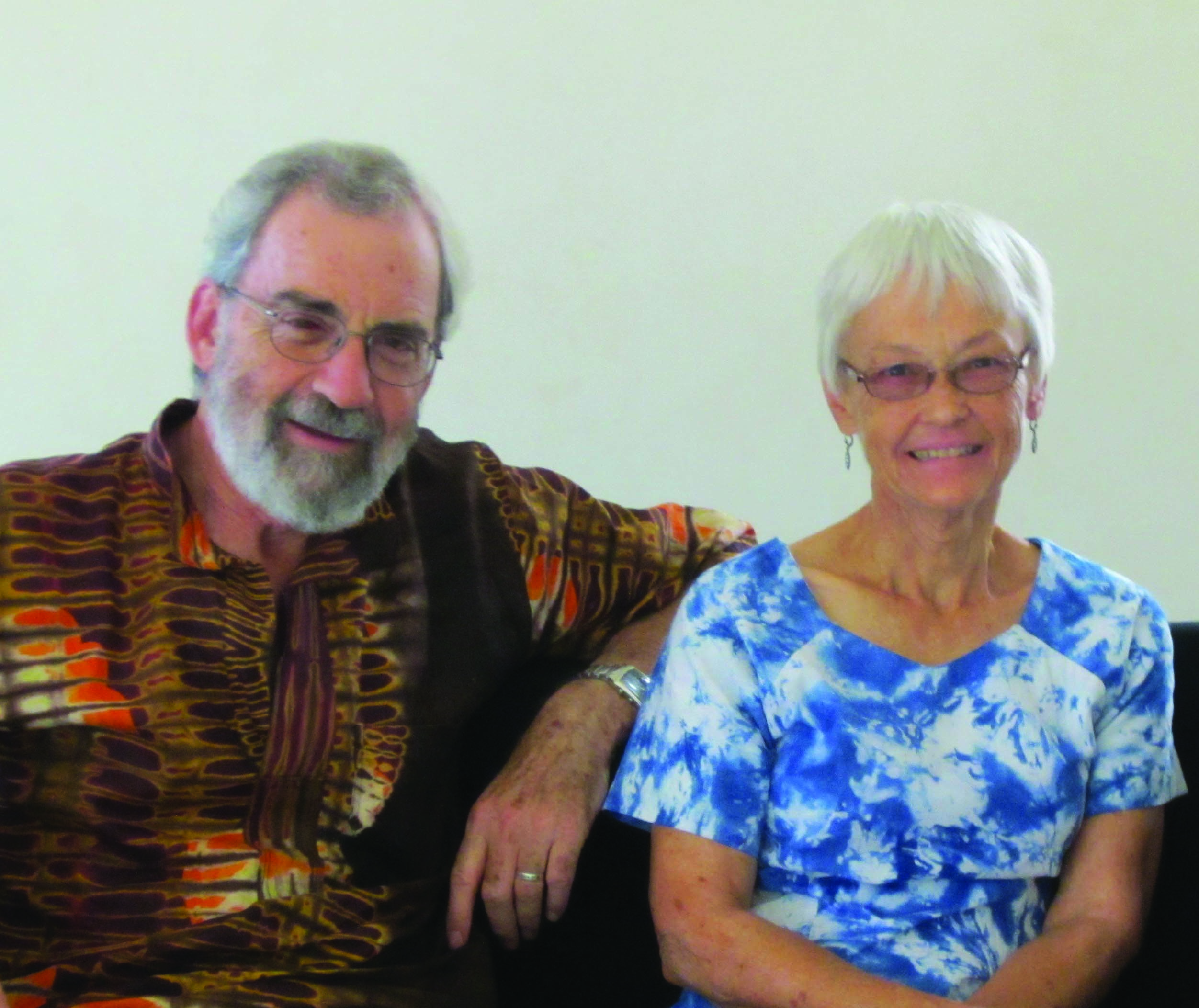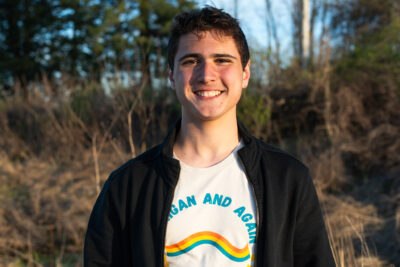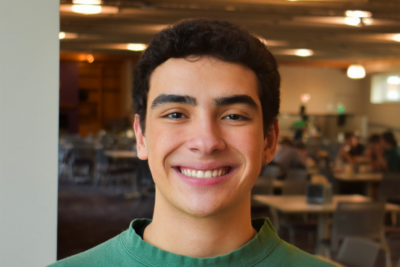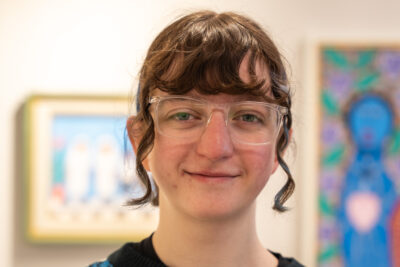Editor’s note: On Monday, Invisible Children presented a movie during convocation. The organization also spoke at Goshen last fall. This spring, Invisible Children came under some scrutiny for its “Stop KONY” campaign.
Ron Milne is Professor Emeritus of Mathematics.Sally Jo Milne is Associate Librarian Emerita.
After leading SST in Senegal in 2010 and having retired from our regular Goshen College assignments, we accepted a position with Mennonite Central Committee (MCC) as interim country representatives for Uganda. This took us to Uganda from March 2011 through May 2012. During our time there we learned much about recent Ugandan history and politics. We also happened to be there when KONY 2012 went viral, and we heard a lot about Invisible Children in the context of Uganda.
The MCC program in Uganda began in 1979, soon after the overthrow of former dictator Idi Amin, and has built a strong working relationship with Ugandan partner groups and organizations. A main focus of the program has been with the people in the northern part of the country, thousands of whom were displaced, abducted, or otherwise affected by the conflict and violence of the two decades from 1986 to 2006. Thus MCC’s partner programs have been heavily involved in conflict resolution, conflict prevention, trauma healing, health, including HIV/AIDS and education for marginalized and war-affected groups.
The 1986 to 2006 period was the time when Joseph Kony and the LRA (Lord’s Resistance Army) was active and carried out many atrocities in northern Uganda. The Ugandan army is also blamed for a lot of the turmoil and suffering that came to northern Uganda at that time.
One of MCC’s partners was directly involved in setting up negotiations between the LRA and the Ugandan government that led to the end of the conflict in 2006. The partner organization is an interfaith group called Acholi Religious Leaders Peace Initiative (ARLPI) and was formed initially by top leaders from the Church of Uganda (Anglican), Catholic, Orthodox and Muslim faiths.
More recently they were joined by leaders from the Pentecostals and Seventh Day Adventists (information about them can be found at http://www.arlpi.org). ARLPI wrote official statements strongly opposing both the sending of 100 US military “advisors” to Uganda and the KONY 2012 video. Their statements opposing military intervention and arguing for dialogue can be found on their web site.
Following the release of KONY 2012 there were many critiques from Africa as well as other parts of the world, and we do not wish to repeat all of those arguments in depth. But we do note that the main issues we heard from our Ugandan co-workers and partners included the following:
The facts presented were not correct. Kony and the LRA left Uganda in 2006 and there are no longer night children that need to find refuge in the cities.
The political issues related to the LRA are complex and were oversimplified.
The call for military action to locate and eliminate Joseph Kony will not solve the larger conflict.
There were no African voices telling the story. It was only Caucasian westerners presuming to know the answers to Africa’s problems. This included a style of sensationalism that is seen by many as exploitation of those who are suffering – similar to hideous photos of starving children used by some organizations to raise money for their causes.
This last point is by far the most important issue for many, if not most, Africans who have felt centuries of western domination. This was probably the main reason for a riot that occurred in Lira, Uganda following a public showing of KONY 2012.
It is clear that Invisible Children heard these criticisms and has responded. A month after KONY 2012 they released a follow-up video that included quotes from many Africans to support their work, including a brief quote by a member of ARLPI that would seem to contradict ARLPI’s official statements. And evidence can be seen in their most recent video, MOVE, that they are trying to address many of the concerns and questions that have been raised about their organization.
Personally, we still have mixed feelings about Invisible Children as an organization. We support the goal to eliminate suffering and bring peace and healing to the region where the LRA and other rebel groups continue to be in conflict with the governments. We also heard secondhand that Invisible Children supports several good projects in northern Uganda. But we continue to question the strategies and the real motives of Invisible Children. They are pouring enormous amounts of energy and money into the process of raising more money and creating a movement to engage the Millennial generation in a cause. We have to ask whether, or to what extent, this cause is simply self-serving.
In the end we all have to decide how we will engage issues that we recognize as unfair, inhumane, or even criminal. Although it is often easier to simply give money or participate in a demonstration, it may be more meaningful to be engaged on a personal level for a significant period of time. We have seen this happen when Goshen students live with host families and work with other nationalities on SST for three months. We have seen similar results when young adults spend a year after college with MCC in their SALT program. Of course there are other organizations with similar programs. We hope that Goshen students and others will continue to build a culture of service and support for sound organizations through their gifts of time and money.



